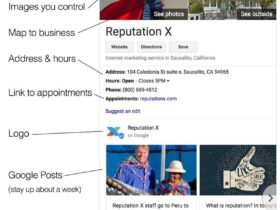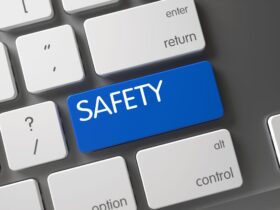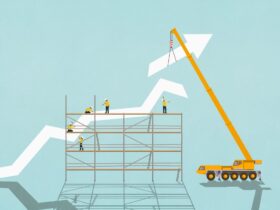The first rule of competition is that you are more likely to win if you play where you have an advantage. To do this, you need to understand what you know and what you don’t know. YOUR CIRCLE OF COMPETENCE IS YOUR SPHERE OF EXPERTISE, WHERE YOUR KNOWLEDGE AND SKILLS ARE CONCENTRATED. IT IS THE DOMAIN IN WHICH YOU ARE STRONGEST, WHERE YOUR JUDGMENTS ARE RELIABLE, AND YOUR DECISIONS ARE SOUND. However, outside this circle, uncertainty and the potential for errors increase.
Tom Watson, the founder of IBM, said:
“I am not a genius, but I am smart in certain areas, and I stay close to them.”
The size of your circle of competence is more important than knowing its limits. The wise person is the one who knows the limits of his knowledge, the one who can say with confidence: “This falls within my circle of competence” or “This is outside my area of expertise.“
As Dickson G Watts – American entrepreneur and writer – said,
“Respect your limitations, your limitations will not respect you.”
Operating within your circle of competence is a recipe for confidence and effectiveness, but venturing outside your circle of competence is an easy and common way to get into trouble. There is a lot of talk and writing about getting out of your comfort zone. In this regard, I like to point out that learning new things, acquiring new skills, and mastering new domains is one of the most beautiful things in life. However, to compete successfully in the professional market, which is increasingly saturated with well-trained professionals, it is essential to know well what your circle of competence is and where its limits are.
As Ray Dalio – American investor and successful author – says,
“Knowing that you don’t know something is almost as valuable as knowing it. The worst situation is thinking that you know something when you don’t.”
So, WHY IS IT IMPORTANT TO UNDERSTAND YOUR CIRCLE OF COMPETENCE?
- It helps you avoid overconfidence: Recognizing the limits of your knowledge prevents overconfidence and the associated risks.
- Collaborate with other experts: By recognizing your circle of competence, you can identify the areas in which it is necessary to seek advice or collaboration with other experts.
- It helps you make better decisions: Understanding your limits allows you to make more informed decisions by focusing on the areas in which you have the most expertise.
- It encourages growth: Recognizing your limitations can motivate you to expand your circle of competence through learning and development.
Along these lines, Mohnish Pabrai, an Indian-American entrepreneur, says:
“It’s not how big your circle of competence is that matters, but how well you know the things within your circle.”
Now, HOW SHOULD YOU IDENTIFY YOUR CIRCLE OF COMPETENCE?
- Self-assessment: Reflect on your experiences, skills, and knowledge. In which areas do you feel most confident? In which areas do you have an advantage over most professionals?
- Request feedback: Ask colleagues, mentors, or trusted friends for their perspectives on your strengths and weaknesses. They will really help you discover what your main advantages are and define your circle of competence well.
- Continuous learning: Stay up to date on trends and developments in your sector to identify areas in which your knowledge may be outdated or limited. In this way, you will be able to defend and sustain your circle of competence over time.
By understanding and respecting your circle of competence, you can make more informed decisions, avoid mistakes, and foster personal and professional growth. Remember that it is not about knowing everything, but about knowing what you don’t know and taking appropriate measures.
I will end with a quote from Warren Buffet that perfectly sums up this post:
“Every person has a different circle of competence. The most important thing is not how big your circle is. The most important thing is that you stay within your circle.”















